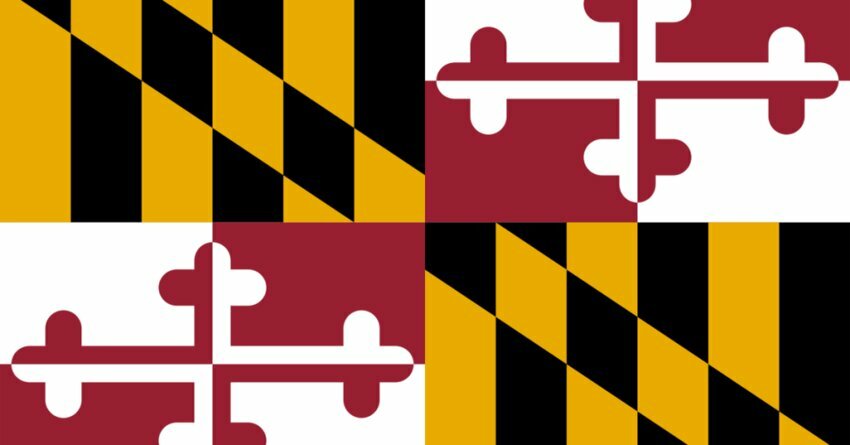 (Credit: Canva Pro)
(Credit: Canva Pro)Maryland is poised to adopt the Advanced Clean Cars II rule, a regulation that will require automobile manufacturers to increase the percentage of electric vehicles they sell over a period of years. By 2035, manufacturers will be required to sell 100% electric passenger and light truck vehicles.
The Maryland Department of the Environment recently presented this proposal during a meeting with the Maryland Air Quality Advisory Council. The Council has since voted to recommend the department proceed with proposing a regulation that will enact these new standards.
Before taking effect in September, the proposed regulation will go through a public hearing process, allowing for public comment. If implemented, this regulation could greatly benefit Maryland's air quality and promote the use of cleaner energy sources.
“The Advanced Clean Cars II regulation is a big step toward cleaner air and a more aggressive response to the threats posed by climate change,” said Maryland Department of the Environment Secretary Serena McIlwain. “This rule will help position us to meet the goals of our Climate Solutions Now Act and 2030 Greenhouse Gas Reduction Act Plan while bringing economic benefits to Marylanders.”
The Advanced Clean Cars II rule is a vehicle emissions standard that California first adopted under its unique authority provided by the federal Clean Air Act. Maryland has some of the most ambitious climate goals in the nation. The Advanced Clean Cars II rule, in conjunction with federal and state incentives, will be a critical factor in reducing greenhouse gas emissions in the state.
Per a Maryland Department of the Environment report, the rule will reduce 383,000 new gas-powered vehicle sales by 2030, with a rise to 1.68 million fewer conventional vehicles by 2035. Additionally, the rule will result in reductions of more than 6,000 tons of nitrogen oxides between 2026 and 2040, as well as cuts in vehicular and power plant carbon dioxide emissions by more than 82 million metric tons.
These reductions are expected to yield net in-state health benefits of approximately $39.9 million per year by 2040 due to decreases in respiratory and cardiovascular illnesses along with associated lost work days.
Baltimore Gas and Electric (BG&E) reports that electric vehicles in Maryland cost approximately one-fourth as much to operate as gasoline cars. Furthermore, electric vehicles typically have lower maintenance expenses, and state and federal tax incentives are available to support purchases.
The regulation encourages manufacturers to offer these vehicles in overburdened and underserved areas to increase access to electric cars for all Marylanders. This includes community-based ridesharing or car-sharing programs, which can help reduce emissions and increase access to cleaner transportation options.
During his speech on March 13, Governor Wes Moore stated, “Today, we’re talking about a major transformation that is going to define this administration—and that’s how we turn Maryland from a state powered by oil and gas to a state powered by clean energy. I am confident that the state of Maryland can and will lead the clean energy revolution.”